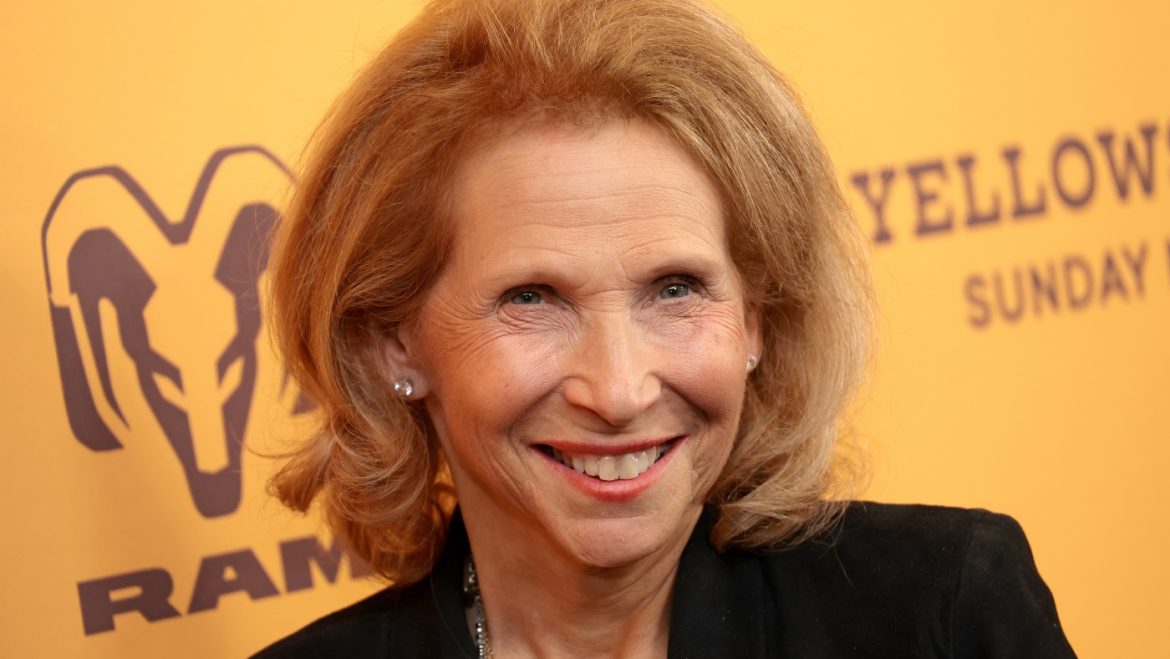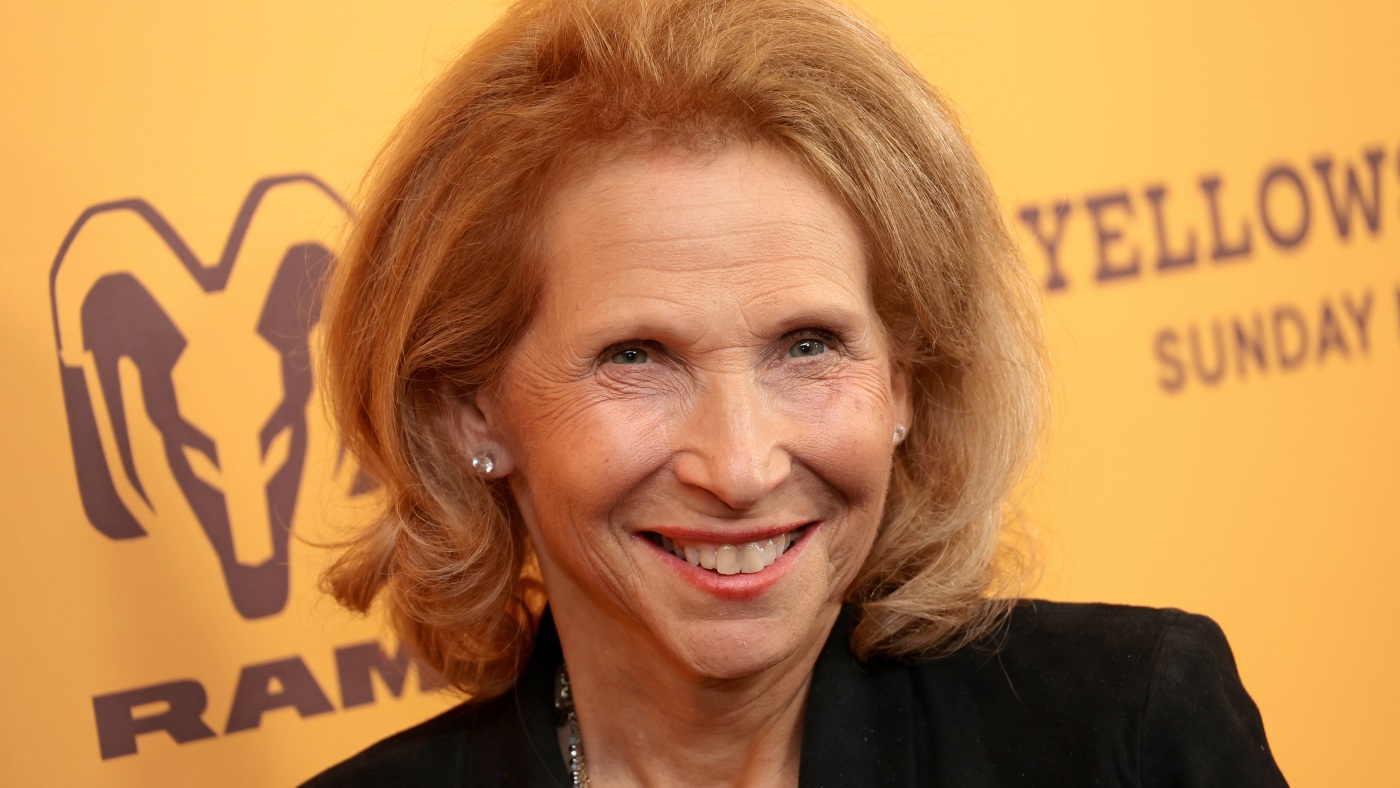The Paramount-Skydance Merger: A New Chapter Under Scrutiny
Introduction: A Media Landscape in Flux
The media industry is no stranger to mergers and acquisitions, but the recent approval of the Paramount-Skydance merger stands out as a pivotal moment. Valued at approximately $8 billion, this deal has sparked intense debate and scrutiny, not just for its financial implications but for the broader questions it raises about media consolidation, editorial independence, and the influence of political settlements on regulatory decisions. As one of America’s major media networks undergoes a significant transformation, the implications for content, diversity, and journalistic integrity are profound.
The Deal’s Key Components: A Complex Web of Commitments
At the heart of the merger is Skydance Media’s acquisition of Paramount Global, a move that brings iconic entities like CBS, Nickelodeon, and Paramount Pictures under its umbrella. The Federal Communications Commission (FCC), under the Trump administration, approved the deal after a rigorous review process lasting over 250 days. However, the approval came with strings attached, as Skydance made several pledges to the FCC to address concerns about bias and diversity.
One of the most controversial commitments was the promise to eliminate Paramount’s Diversity, Equity, and Inclusion (DEI) initiatives. This decision has drawn criticism from advocates who argue that dismantling DEI programs could undermine efforts to foster a diverse and inclusive workforce. Additionally, Skydance committed to installing an ombudsman at CBS News to address concerns about bias. While this move is intended to enhance transparency and accountability, it has also raised questions about potential interference in editorial decisions.
Political Context and Controversy: A Shadow of Suspicion
The merger’s approval did not occur in a vacuum; it was shrouded in political tension and controversy. Paramount Global had recently settled a lawsuit with then-President Trump for $16 million, related to a *60 Minutes* interview with Kamala Harris. This settlement raised eyebrows and fueled speculation about whether Paramount was attempting to appease the administration to secure the merger’s approval.
The timing of the settlement and the subsequent FCC approval led to accusations of political influence. Several senators voiced concerns about potential “improper conduct” by Paramount, suggesting that the company might have moderated its content to curry favor with regulators. Reports that Bill Owens, a former executive, may have influenced content decisions to secure the merger’s approval only added to the controversy. These allegations have cast a shadow over the regulatory process, raising questions about the integrity of media consolidation in the face of political pressure.
Skydance’s Promises and Their Implications: A Double-Edged Sword
Skydance’s commitments to the FCC, particularly the elimination of DEI initiatives and the installation of an ombudsman, have sparked considerable debate. Critics argue that dismantling DEI programs could negatively impact diversity and inclusion within Paramount Global’s workforce and content. The ombudsman’s role, while intended to address bias concerns, could also be perceived as a form of censorship or undue influence on journalistic integrity.
The promise to showcase a diversity of viewpoints is a double-edged sword. While promoting a range of perspectives is generally seen as positive, concerns arise about how this will be implemented. There is a risk that the push for “balance” could lead to the amplification of misinformation or extremist views under the guise of representing diverse opinions. This raises questions about the delicate balance between fostering open debate and maintaining journalistic standards.
The Future of Paramount Global: A New Era of Uncertainty
The merger between Paramount Global and Skydance Media has the potential to significantly reshape the media landscape. With new ownership, Paramount’s content strategy, programming, and editorial direction are likely to evolve. Skydance’s influence could lead to shifts in the types of shows produced, the talent hired, and the overall tone of CBS News.
The elimination of DEI initiatives could have long-term consequences for diversity within the company. It remains to be seen whether Skydance will implement alternative strategies to ensure representation and inclusion across its various platforms. The role of the ombudsman at CBS News will be crucial. The ombudsman’s actions could either enhance the credibility of the news organization by addressing legitimate bias concerns or undermine its independence by exerting undue influence on editorial decisions.
A Shifting Media Landscape: Consolidation and Its Consequences
The Paramount-Skydance merger reflects broader trends in the media industry, including consolidation, the rise of streaming services, and the increasing politicization of news. As media companies grapple with these challenges, they face pressure to adapt their strategies and navigate complex regulatory environments.
The deal underscores the importance of media ownership and its potential impact on the information landscape. With fewer companies controlling a larger share of the media market, concerns about diversity of voices and the potential for bias become even more pressing. The merger raises questions about the future of media independence and the role of regulatory bodies in ensuring a fair and diverse press.
A Legacy of Uncertainty: The Road Ahead
The approval of the Paramount-Skydance merger under the shadow of political settlements and concerns about content moderation leaves a legacy of uncertainty. While the deal promises a new chapter for Paramount Global, it also raises questions about the future of media independence, diversity, and the influence of political considerations on regulatory decisions. As the merger unfolds, it will be crucial to monitor its impact on the media landscape and hold those in power accountable for ensuring a fair, diverse, and independent press.
The road ahead is fraught with challenges, but it also presents an opportunity for reflection and reform. The media industry must navigate these turbulent waters with a commitment to transparency, accountability, and the pursuit of truth. Only then can it fulfill its vital role in a democratic society.


